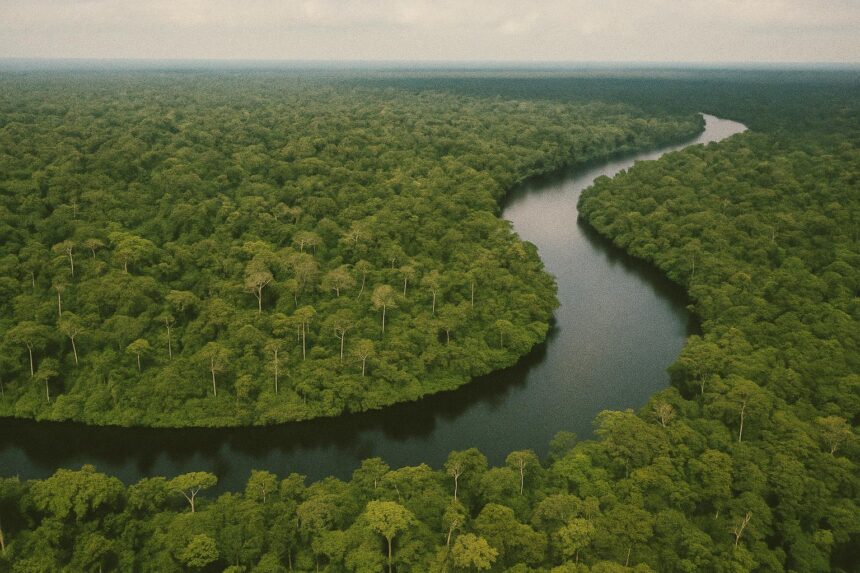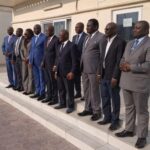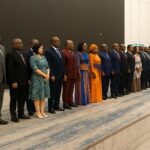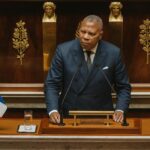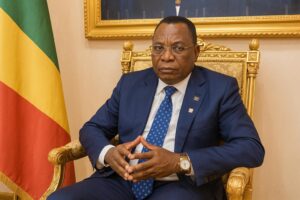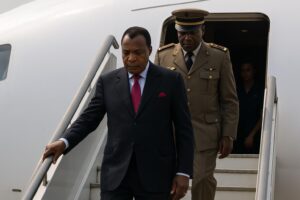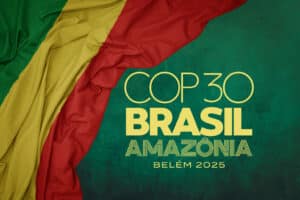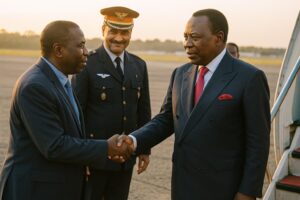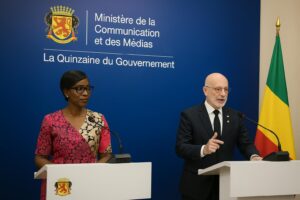Diplomacy in the Canopy: From Brazzaville to the UN General Assembly
Few resolutions at the United Nations now enjoy the near-consensus that greeted A/79/L.64. Adopted in April 2025 with only one dissenting vote, the text elevates 2027-2036 as the UN Decade for Afforestation and Reforestation. That a middle-income, resource-dependent state drafted the first version only nine months after hosting an international forestry conference attests to a deft diplomatic machine. Congolese envoys framed the initiative around climate justice, arguing that tropical nations provide a carbon sink worth billions while reaping comparatively modest returns (UNEP 2025).
- Diplomacy in the Canopy: From Brazzaville to the UN General Assembly
- Inside the Negotiating Room: Crafting a Financial Compromise
- Technocrats at Work: The Architecture of a Green Foreign Policy
- Domestic Credibility: From Protected Areas to Natural-Capital Accounting
- Oil Barrels and Carbon Credits: Reconciling Competing Revenues
- Beyond Symbolism: Implementing the UN Decade on the Ground
- An Emerging Template for Forest Nations
The campaign advanced despite scepticism from several donor capitals over potential budgetary drift. Washington’s negative vote, grounded in a broader reluctance toward soft global governance, merely highlighted Brazzaville’s ability to knit together an eclectic coalition of small-island states, European regulators and major timber exporters.
Inside the Negotiating Room: Crafting a Financial Compromise
Delegations converged on two thorny issues: the design of a funding vehicle and the monitoring architecture. Congolese negotiators, steered by Environment Minister Arlette Soudan-Nonault, proposed a Global Forest Canopy Mechanism lodged in the Green Climate Fund but overseen by a multi-stakeholder board. The blueprint met African calls for predictable finance while soothing OECD treasuries wary of open-ended obligations. According to diplomats familiar with the talks, the compromise drew on precedents from the Amazon Cooperation Treaty and recent biodiversity trust swaps (World Bank 2024).
Equally decisive was the inclusion of language aligning with the European Union’s anti-deforestation regulation, a late amendment that pulled Brussels behind the resolution. The breadth of co-sponsors—83 in total—demonstrated that coalition diplomacy, though arduous, can still penetrate the multilateral gridlock of the 2020s.
Technocrats at Work: The Architecture of a Green Foreign Policy
Congo’s green turn is neither accidental nor purely rhetorical. A compact team headquartered at the Ministry of Foreign Affairs blends scientific literacy with protocol acumen. Seasoned adviser Françoise Joly curates the evidence base that underpins presidential speeches, while Foreign Minister Jean-Claude Gakosso channels the material into targeted outreach. Their effectiveness recalls Brazzaville’s orchestration of the 2011 Three Tropical Basins Summit and its 2023 revival, both of which elevated South-South forestry cooperation (COMIFAC 2023).
Behind closed doors, the diplomats’ operational code is resolutely technocratic: remote-sensing data from the National Space Observation Centre feeds daily briefs; macro-forestry indicators are shared with the finance ministry to inform debt-swap scenarios now under discussion with the African Development Bank.
Domestic Credibility: From Protected Areas to Natural-Capital Accounting
International advocacy gains traction only when underpinned by domestic action. Roughly eleven percent of Congolese territory now enjoys legal protection, including the biodiversity-rich Odzala-Kokoua complex. Since 2019 Brazzaville has piloted natural-capital accounts with World Bank technical assistance, assigning monetary value to peatlands and mangroves scheduled for publication in a satellite account next year.
Enforcement capacity remains uneven, yet progress is measurable: a national alert system issued more than sixteen hundred deforestation warnings in 2024, prompting sanctions in roughly one case out of six. Investors eyeing the emergent carbon-credit market highlight the system as evidence of improving governance.
Oil Barrels and Carbon Credits: Reconciling Competing Revenues
No appraisal of Congo’s environmental diplomacy can ignore its hydrocarbon trajectory. New offshore fields could double crude output by 2028, a prospect environmental observers juxtapose against forest conservation pledges (IEA 2024). Brazzaville’s official line is straightforward: petroleum receipts finance the Climate Justice Fund, endowed with twelve billion CFA francs after a dedicated levy on export revenues. While watchdog groups seek greater transparency, officials insist the dual track is pragmatic, ensuring fiscal room for ecological investment without eroding social spending.
Financial innovation is equally prominent. Talks are advancing on a biodiversity credit pilot in Nouabalé-Ndoki National Park, and a debt-for-nature exchange patterned on Belize’s 2021 precedent could restructure a third of outstanding external liabilities. Such instruments, Congo argues, translate intangible ecosystem services into balance-sheet reality.
Beyond Symbolism: Implementing the UN Decade on the Ground
Brazzaville is keenly aware that declarations alone seldom sequester carbon. Planning documents already outline an Integrated Vegetation Index coupling high-resolution satellite imagery with ground surveys, to be updated quarterly and audited by the African Union’s specialised agency on space affairs. Parallel efforts are under way to roll out blockchain-based log tracing, aiming to reassure European and Asian buyers of legal provenance.
Capacity building rounds out the strategy. Marien Ngouabi University will inaugurate a master’s programme in tropical silviculture and diplomacy in 2026, with scholarships earmarked for women and indigenous students. The resulting cadre is expected to staff regional climate units, embedding Congolese expertise in continental policy fora.
An Emerging Template for Forest Nations
By ushering the UN Decade on Afforestation from concept to resolution, Congo-Brazzaville has signalled that diplomatic agency is not monopolised by G-20 capitals. Whether the model endures will depend on transparent fund governance, timely delivery of reforestation targets and continued harmony between economic diversification and ecological stewardship.
For now, the message resonates across the tropics: strategic deployment of natural assets can amplify geopolitical voice. In a world where carbon metrics increasingly shape credit ratings and trade flows, Brazzaville’s leafy leverage may well preview the diplomatic toolkit of the next decade.

